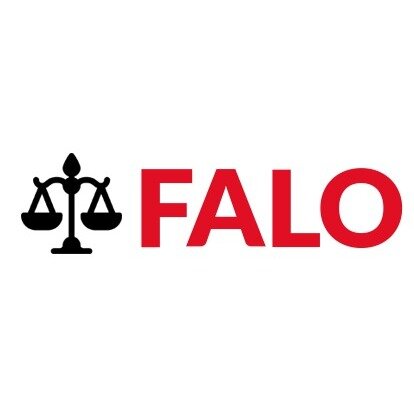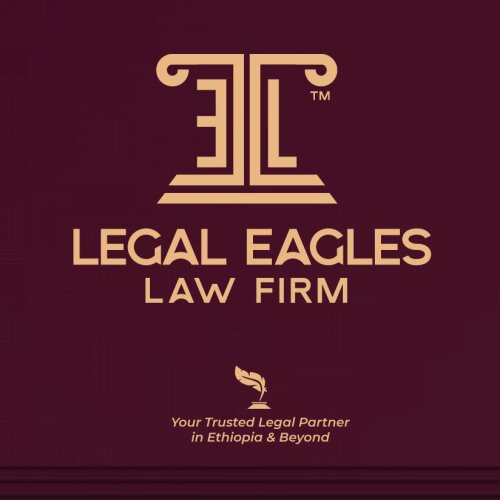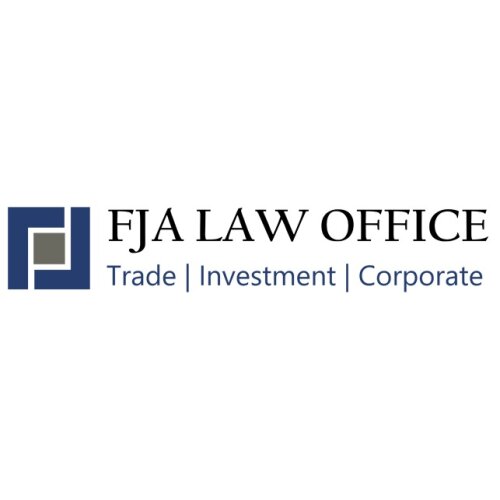Best Copyright Lawyers in Ethiopia
Share your needs with us, get contacted by law firms.
Free. Takes 2 min.
Or refine your search by selecting a city:
List of the best lawyers in Ethiopia
About Copyright Law in Ethiopia
Copyright in Ethiopia is a legal framework aimed at protecting the intellectual property rights of creators, ensuring they have control over the use and distribution of their works. Ethiopia's copyright system is primarily governed by the Copyright and Related Rights Protection Proclamation No. 410/2004, which incorporates principles from the Berne Convention for the Protection of Literary and Artistic Works, of which Ethiopia is a signatory. This law provides protection for various forms of expression, including literary works, music, art, and software, allowing creators to benefit economically and morally from their creations.
Why You May Need a Lawyer
Individuals and organizations may require legal assistance with copyright matters in several situations. Here are a few common scenarios:
- Creation or Licensing of Works: Navigating the legal requirements for protecting original creations or securing licenses to use others' works.
- Infringement Disputes: Addressing unauthorized use of copyrighted materials and pursuing or defending against infringement claims.
- Contractual Agreements: Drafting or reviewing contracts involving the transfer or licensing of copyright-covered works.
- Understanding Rights: Clarifying the scope and limitations of copyrights for creators and users of intellectual property.
- Enforcement and Compliance: Ensuring adherence to local and international copyright laws and pursuing legal enforcement when necessary.
Local Laws Overview
Key aspects of Ethiopia's copyright laws include:
- Duration of Protection: Copyright generally lasts for the lifetime of the author plus 50 years posthumously for most works.
- Scope of Protection: It extends to original works of authorship, including literature, music, drama, choreography, and visual arts.
- Moral Rights: Authors are granted moral rights that protect their attribution and integrity of works, even after the transfer of economic rights.
- Ethiopian Exceptions and Limitations: Copyright protection provides certain exceptions, such as fair use, educational purposes, and library usage.
- Collective Management: Collective management societies collect and distribute royalties for public use of copyrighted works on behalf of creators.
Frequently Asked Questions
What constitutes a copyrightable work in Ethiopia?
In Ethiopia, any original work of authorship, like written material, music, art, and software, fixed in a tangible medium, is eligible for copyright protection.
How can I register my copyright in Ethiopia?
Currently, Ethiopia does not require formal registration for copyright protection. The protection is automatic upon creation of the work in a fixed form.
Can I transfer my copyright to someone else?
Yes, copyright can be transferred either wholly or partially through written agreements, including the rights to reproduce, distribute, and publicly perform the work.
What are the penalties for copyright infringement in Ethiopia?
Penalties for copyright infringement can include monetary damages, injunctive relief, and potentially criminal sanctions, such as fines or imprisonment, depending on the severity.
Are there any local collective management organizations?
Yes, there are collective management organizations in Ethiopia that help manage and collect royalties for public uses on behalf of creators.
Does copyright apply to digital works and software in Ethiopia?
Yes, digital works and software are protected under Ethiopian copyright laws, similar to traditional works.
What is meant by 'moral rights' in Ethiopian copyright law?
Moral rights refer to the right of attribution and the right to object to derogatory treatment of the work, ensuring the creator's respect and credit even after economic rights have been transferred.
How can infringement disputes be resolved?
Disputes may be resolved through negotiation, mediation, arbitration, or court proceedings, depending on the nature and complexity of the issue.
What is 'fair use' under Ethiopian copyright law?
Ethiopian law allows for fair use exceptions, such as incidental use in research, teaching, news reporting, critique, and review, provided certain conditions are met.
Do I need a lawyer to navigate copyright issues?
While it's not mandatory, consulting a lawyer specializing in copyright law can provide clarity, ensure legal compliance, and safeguard your rights effectively.
Additional Resources
For additional support or guidance regarding copyright in Ethiopia, consider contacting the following:
- Ethiopian Intellectual Property Office (EIPO): Provides information and assistance related to copyrights and intellectual property.
- United Nations Educational, Scientific and Cultural Organization (UNESCO): Offers resources and information on global copyright regulations.
- World Intellectual Property Organization (WIPO): Provides a platform and resources about international copyright laws and practices.
- Local IP Law Firms: Engaging a specialized intellectual property law firm for legal counsel and assistance.
Next Steps
If you believe you need legal assistance for copyright issues in Ethiopia, consider taking the following steps:
- Identify your specific needs: Determine whether you need help with creation, disputes, licensing, or another issue.
- Consult with professionals: Reach out to copyright experts or lawyers for an initial consultation to understand your legal standing and options.
- Gather necessary documentation: Collect all relevant materials, such as contracts, correspondence, and evidence related to your work or dispute.
- Pursue professional legal advice: Choose a qualified lawyer or legal firm specializing in intellectual property to represent your interests.
- Stay informed: Keep abreast of any legal developments in Ethiopian copyright law through official channels or legal updates from your advisor.
Lawzana helps you find the best lawyers and law firms in Ethiopia through a curated and pre-screened list of qualified legal professionals. Our platform offers rankings and detailed profiles of attorneys and law firms, allowing you to compare based on practice areas, including Copyright, experience, and client feedback.
Each profile includes a description of the firm's areas of practice, client reviews, team members and partners, year of establishment, spoken languages, office locations, contact information, social media presence, and any published articles or resources. Most firms on our platform speak English and are experienced in both local and international legal matters.
Get a quote from top-rated law firms in Ethiopia — quickly, securely, and without unnecessary hassle.
Disclaimer:
The information provided on this page is for general informational purposes only and does not constitute legal advice. While we strive to ensure the accuracy and relevance of the content, legal information may change over time, and interpretations of the law can vary. You should always consult with a qualified legal professional for advice specific to your situation.
We disclaim all liability for actions taken or not taken based on the content of this page. If you believe any information is incorrect or outdated, please contact us, and we will review and update it where appropriate.
Browse copyright law firms by city in Ethiopia
Refine your search by selecting a city.

















